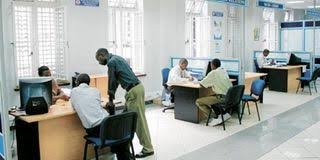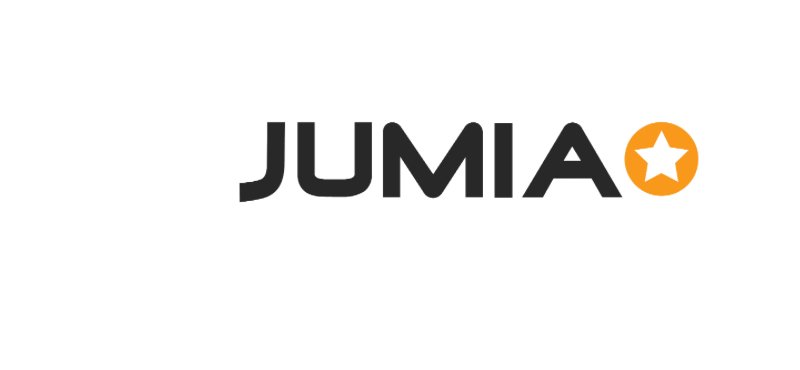The collapse of Kasarani and Ruaka multi-storey buildings under construction, in Nairobi and Kiambu counties respectively, in close succession is the tip of the iceberg of the biggest challenge in Kenya’s construction industry – a market that is flooded with substandard materials.
Steel and wire products top the list of materials that are daily compromising the quality and strength of our buildings.
This is not to say level of expertise is not important. But the role of steel, cement and even mabati roofing sheets cannot be gainsaid.
ALSO READ >>> ‘Mabati’ sector needs to be regulated well
Although Kenya Bureau of Standards (KEBS) has elaborate standards, reality is that even the high-end manufacturers (we cannot name for legal reasons) are equally running a hybrid of genuine and fake products – so they equally cash on the lucrative substandard goods market.
In the steel industry, both the process and quality of materials used are to blame for the shortcuts.
In the cement industry, the quality of clinker and other additives added present a challenge.
In some cases, the problem starts and ends with deceptive labeling – to take advantage of majority consumers who focus on the price – and not quality.
Cement is increasingly a big risk that finds many consumers and even contractors unawares.
Random tests by Cofek has shown that nearly all brands are underweight (less than 50 kg) and less than recommended 32.5 unit strength.
The story on mabati roofing is worse. It’s a free for all. From cheap imports to non-delivery, the story is that of consumer pain.
ALSO READ >>> Roofing scandal of every company calling itself ‘mabati’ and exploiting consumers
Cofek has been on the forefront reporting the challenges of substandard steel, cement and roofing materials.
On occasions, KEBS has been conducting raids and seizures. Regrettably, once the photos and other public relations are done, it is business as usual. No destruction. No prosecutions. It appears like the materials seized is allowed back into the market.
While KEBS has acted swiftly on foodstuffs, it has been very slow on the issue of steel and wire products of substandard quality.
Even after banning the 1.8mm chain-link, production of these size of chain-links goes on unabated.
Substandard quality range include compromised sizes (often smaller) to maximize profit margins. In other cases, poor-quality steel tends to experience corrosion more quickly than others hence confirming that they are of a lower quality.
Low-quality steel wears down more easily causing areas to weaken and get damaged more often.
Experience cracks
Closer home, substandard steel tend to get bent more easily, and experience cracks on their surface. This is due to how they are manufactured, as they tend to be more brittle, making them unsuitable for any type of building project that requires heavy use of steel beams and sections.
Bad steel fold easily. Any sign of fold ing present on the surface means that the steel is vulnerable to be bent or misshaped, and can get cracked on those same areas.
Genuine steel allows for facilities and structures that can last for a long period of time due to their durability and strong resistance. On the contrary, the substandard ones compromise this aspect.
Cofek has urged the new cabinet secretary for Investments, Trade and Industry Moses Kuria to take action and defend unsuspecting consumers.
Got any report on this article: hotline@cofek.africa




